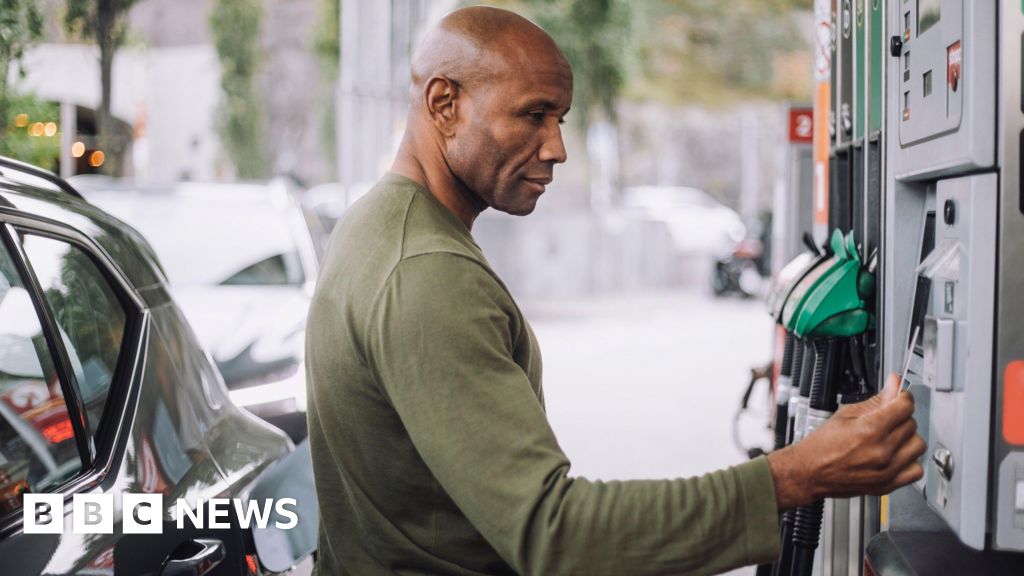
""The only significant offset came from the price of clothes which rose strongly this month," said Grant Fitzner, chief economist at the Office for National Statistics (ONS)."
""We may get a diversion of cheap exports which might have otherwise gone to the US, will start to come to Europe and the UK," he said. "Perhaps not as high as the Bank of England had feared a few months ago, but the economy will be weaker.""
"According to official data, inflation was 2.6%, down from a rate of 2.8% in February. However, this decrease may only be temporary as analysts expect a future spike."
"The inflation decrease means that, although prices continue to rise, the pace is slowing. Wages continue to outpace inflation, with salary raises for public sector workers growing more than those in the private sector."
UK inflation fell to 2.6% in March from 2.8% in February, primarily due to declining petrol prices and drops in recreational goods. However, analysts suggest that rising bills and business costs will push inflation upwards in April, potentially reaching around 3%. The recent inflation decline appears temporary despite wages growing faster than inflation, particularly in the public sector. Experts warn that external factors, including trade tensions, may further weaken economic performance, affecting exports and consumer spending.
Read at www.bbc.com
Unable to calculate read time
Collection
[
|
...
]